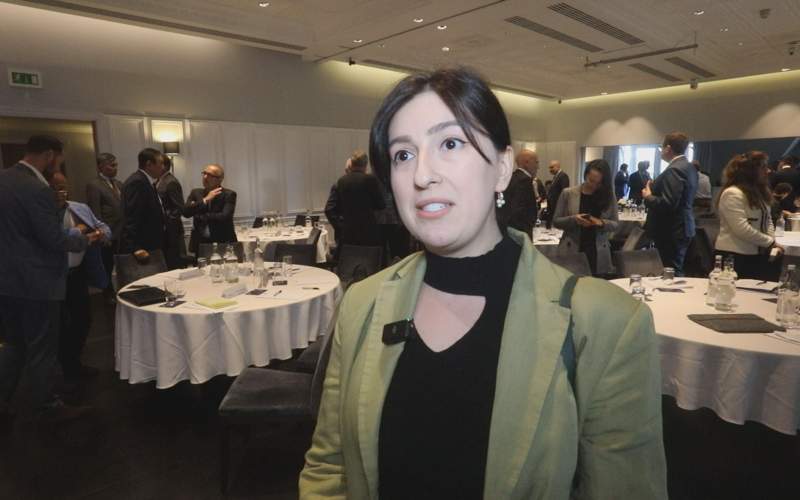Caspian middle corridor conference held in London

The Caspian Middle corridor conference took place in London, focusing on strategies to coordinate, prioritise, and conduct business effectively along the Middle corridor, Kazinform News Agency reports.
This network of routes, spanning Central Asia, the Caspian Sea, the South Caucasus, and Türkiye, constitutes a multimodal transport corridor combining road, rail, and sea transportation. The Middle corridor offers the shortest path for goods traded from China to Europe, cutting thousands of kilometres compared to the northern route through Russia, and provides an alternative to the Red sea route.
While transit times are improving, achieving consistency requires targeted investment, expertise, and effective governance to eliminate bottlenecks and ensure smooth progress. Kazakhstan, Azerbaijan, Georgia, and Türkiye must collaborate closely with international partners to fully realise the Middle corridor’s commercial and socioeconomic potential, with infrastructure improvements that are efficient, sustainable, and developmentally sound from the outset.
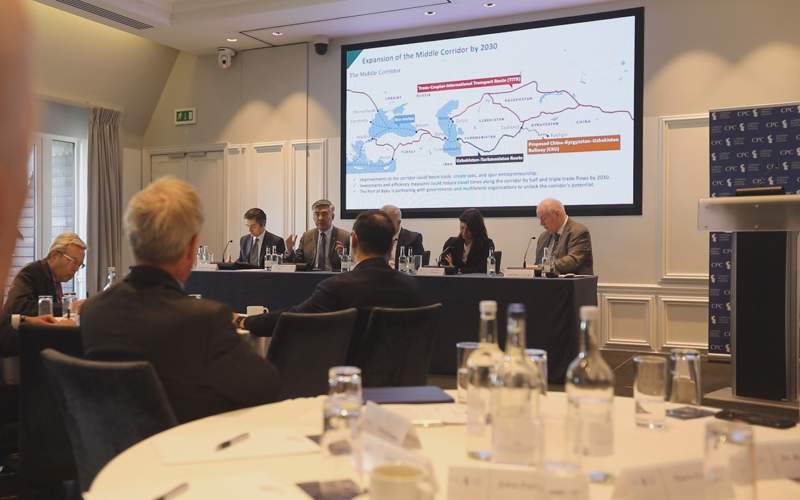
The conference began with opening remarks by Efgan Nifti, president of the Caspian policy centre, and David Moran, UK adviser to the Caspian policy centre. Moran highlighted the conference's aim to bring together government, finance, business experts, and analysts to maximise the Middle corridor’s potential and explore other types of connectivity, including data, water management, and energy. He noted the great enthusiasm for collaboration.
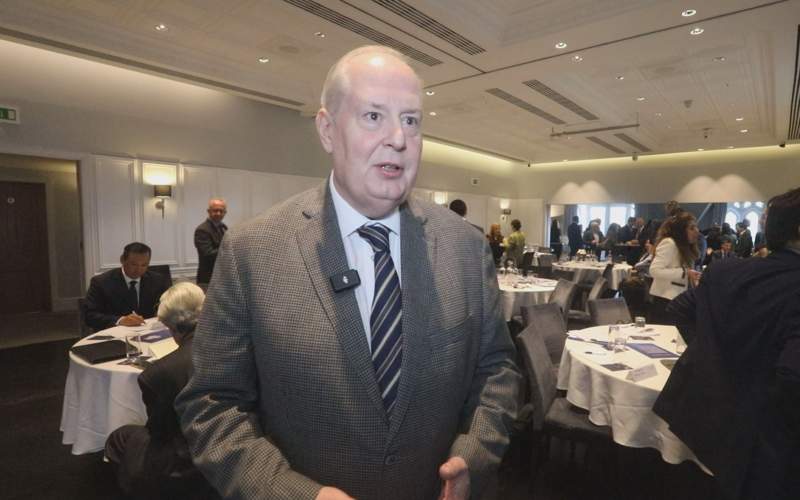
During the ambassadorial panel, Magzhan Ilyassov, ambassador of Kazakhstan to the UK, stressed the need to develop the Trans-Caspian international transport route as a primary and independent route rather than an alternative one, emphasising its potential for diversifying east-west trade routes.
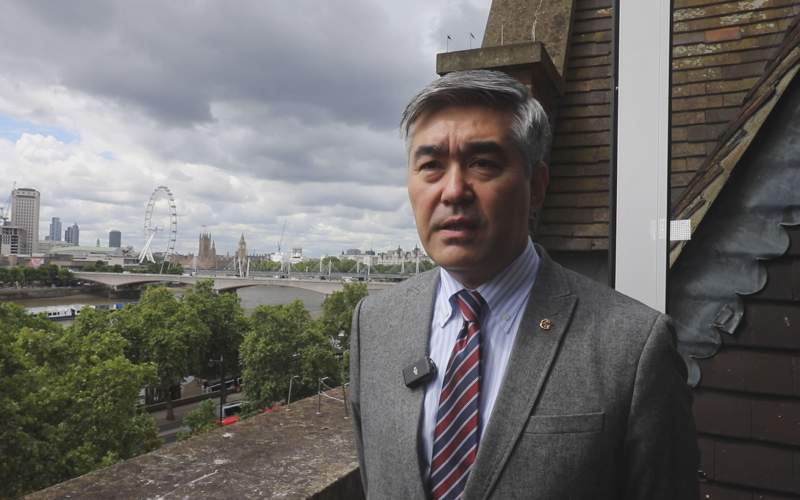
Osman Koray Ertaş, Ambassador of Türkiye to the UK, discussed efforts to increase capacity and facilitate trade by addressing customs procedures, with ongoing work through the Organisation of Turkic States and the UN.
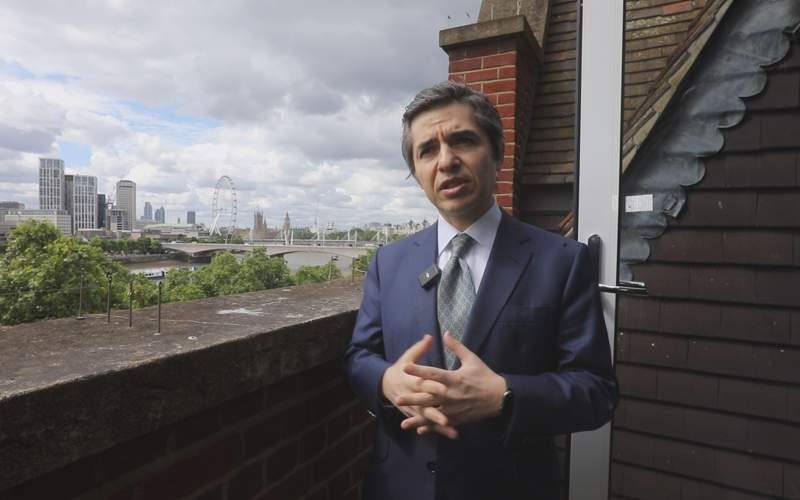
The first session, titled "Maximising development impact: prioritisation & coordination", highlighted the pivotal role of the European Union and the European Bank for Reconstruction and Development (EBRD) in driving Middle corridor planning for 2023-24.
As part of the EU’s Global gateway trade network, European and international donors announced a commitment of 10 billion euros in January to support connectivity between Europe and Central Asia. This funding will support various projects, aligning with World bank and other donor efforts. The UK and US have also been active supporters of this process.
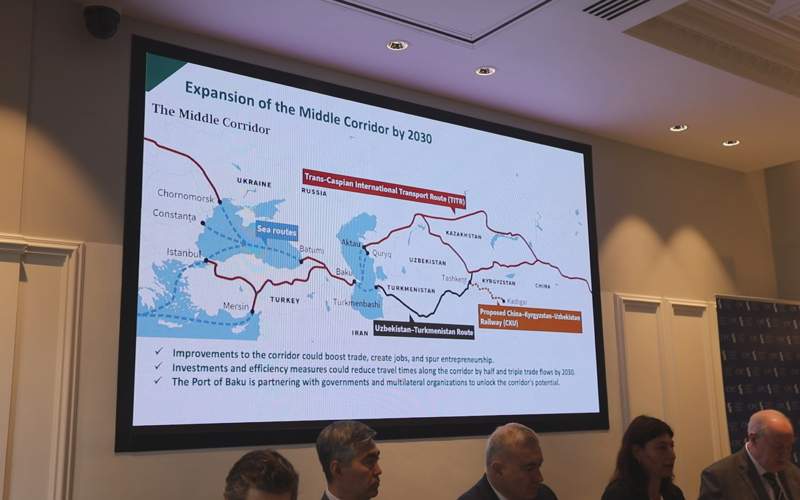
Participants discussed the mechanisms for developmental coordination and prioritisation to focus investment resources and ensure appropriate planning. Business, finance, and energy experts examined how to do business better along the Middle corridor, addressing institutional impediments and exploring the impact of the Middle corridor on international business.
Nigar Jafarova, senior research analyst at FrontierView, highlighted the growing interest in the Middle corridor. Many companies are avoiding the Northern corridor, making the Middle corridor a unique opportunity for businesses to continue operations, and benefit from emerging opportunities.
